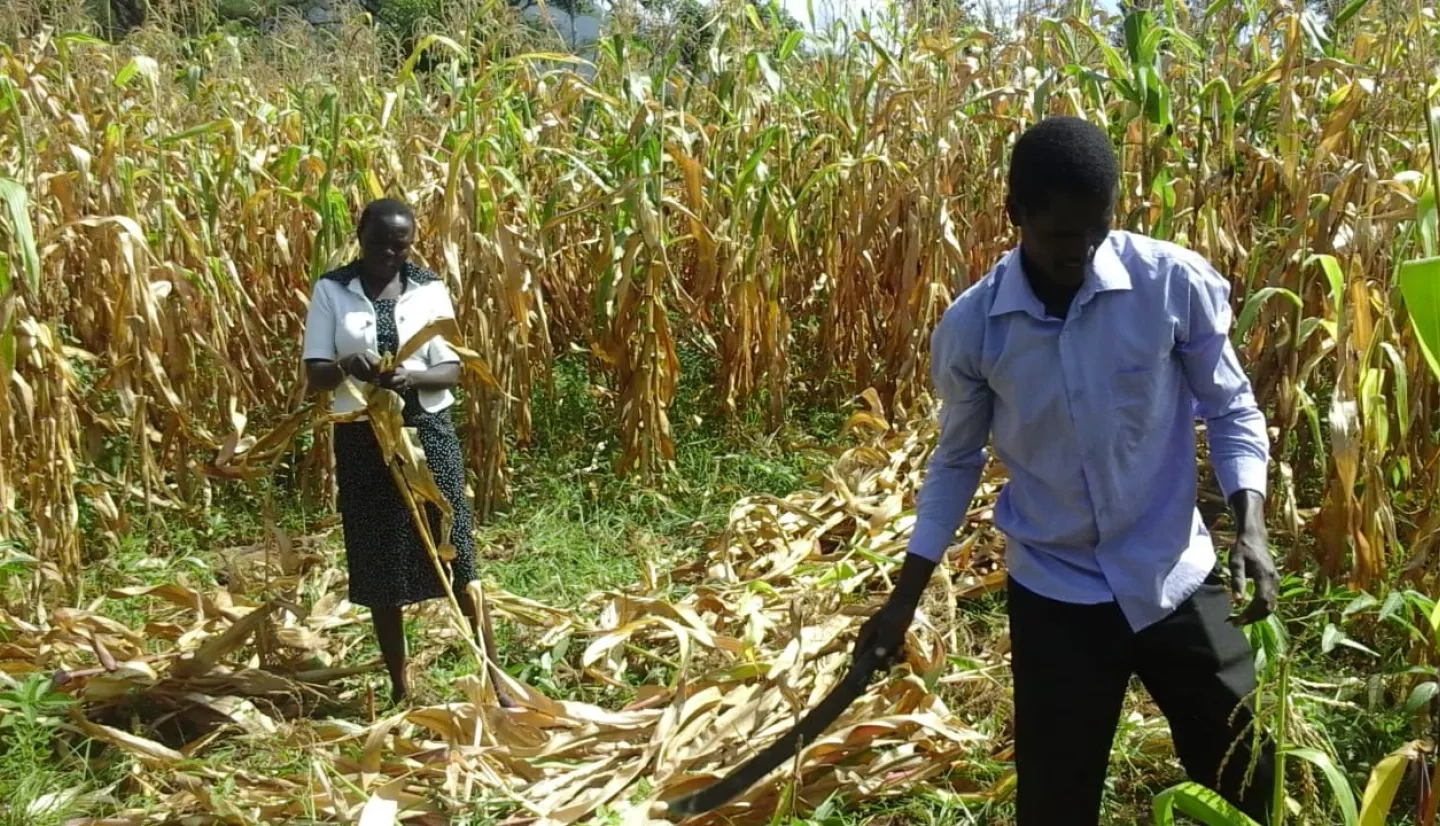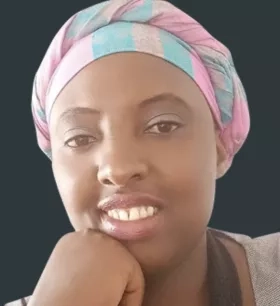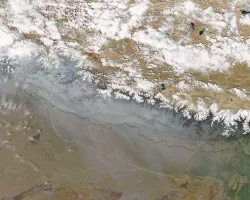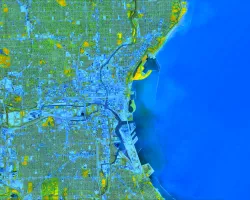Mentoring has a positive effect in supporting women and girls in their scientific pursuits, said Lilian Ndungu, the Agriculture & Food Security Lead at the SERVIR Eastern & Southern Africa hub at an event organized by the United Nations Office of Outer Space Affairs (UNOOSA) and Technovation, a global tech education nonprofit.
As a case study of the work women do in science, Ndungu spoke about her work with the Kenya Ministry of Agriculture to include NASA data in their decision-making, leading to a stronger food system. Her comments came as one of three panelists on the topic, “Empowering girls to use space technology to tackle climate change.” The panel discussion came as part of the launch of a memorandum of understanding between UNOOSA and Technovation to support girls in science, technology, engineering and mathematics (STEM).
Space technology can be applied to solve real world problems and SERVIR is supporting regional and global ways for women and girls to get involved. For example, Ndungu provided an overview of how SERVIR leads development initiatives between NASA and the U.S. Agency for International Development (USAID). She also provided details on the Kenya use case on how government officials used NASA data and a SERVIR-developed crop yield estimate model in their digital food balance sheet, which is used to support the management and forecasting of stock supply/demand.
More about Lilian Ndungu:
* Geospatial Industry 2021 Rising Stars
* Triple Threat: Helping Kenya Protect Against Floods, Locusts, and COVID




